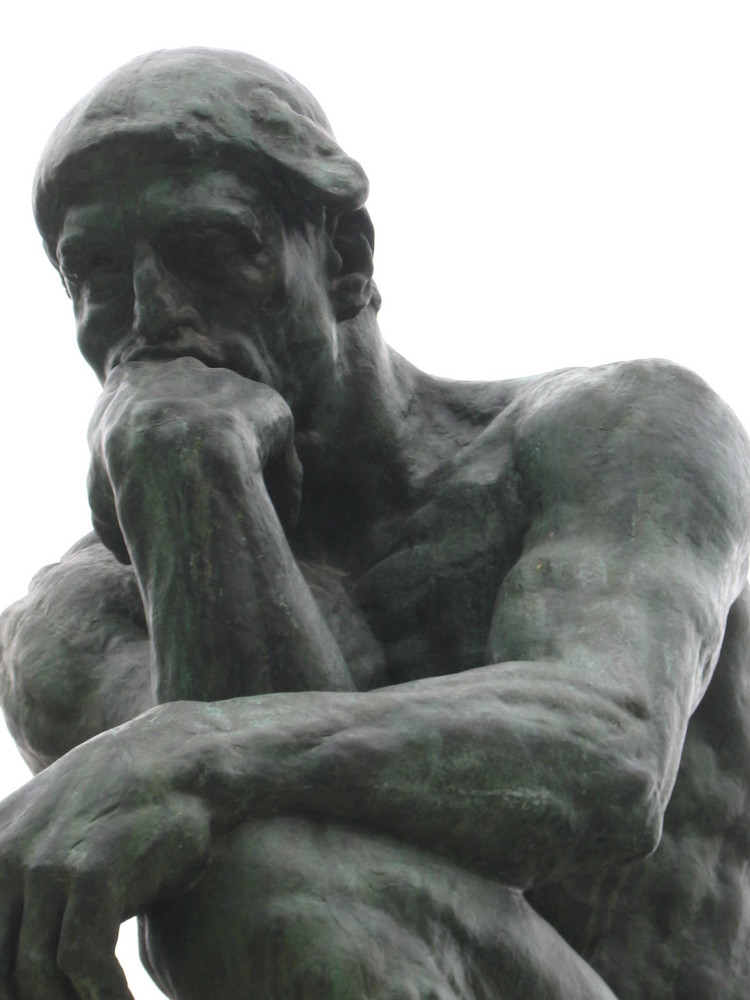The Argument from Incredulity
Also called “appeal to common sense”, this fallacy occurs when someone concludes that something is (or is not) the case, or that something exists (or does not exist) simply because they cannot understand or explain it, or they don’t believe it, or it runs counter to their intuition or their expectations. Essentially, the person concludes that a proposition is false because they cannot personally see how it could be true (or vice-versa). But of course, not being able to understand something does not give any information about whether a statement is, in fact, true (or false).
Example:
How could humans evolve from single-celled organisms? We are so much more complex! From a single cell to a whole human! That would be mind-bending! I can't believe that! The theory of evolution has to be wrong!
This type of argument has been used to ascribe various unexplained phenomena to supernatural causes such as paranormal forces, demons, witches, aliens, or God. And more. Human imagination seems to have no boundary here. This kind of argument is related to, although slightly different from, the argument from ignorance, where somebody concludes that a proposition is true because it has not been proven false yet (or vice-versa). It is also related to the “God of the gaps” view, according to which whatever cannot be explained by science has to be evidence for God’s existence, an idea mocked by Nietzsche’s Zarathustra when he talks about priests: “… into every gap they put their delusion, their stopgap, which they called God.” Note though, that if a gap is not evidence for God, a gap does not invalidate the possible existence of God either. As we saw above, this type of reasoning simply does not yield any sound conclusion one way or another. The presence of a gap does not say anything … but that there is a gap.
Leaving aside questions about God, it is in general hard to live without answers, and much easier to make up stories to explain whatever we don’t understand. We have an innate need to explain the world around us through stories. That’s what we do, we make models, or stories, of the world around us, so that we can function, make predictions about what is going to happen, or soothe our anxieties. Sometimes this need to make stories is so strong that we prefer an illusion rather than admitting that we do not have any reasonable story for something we don’t understand.
